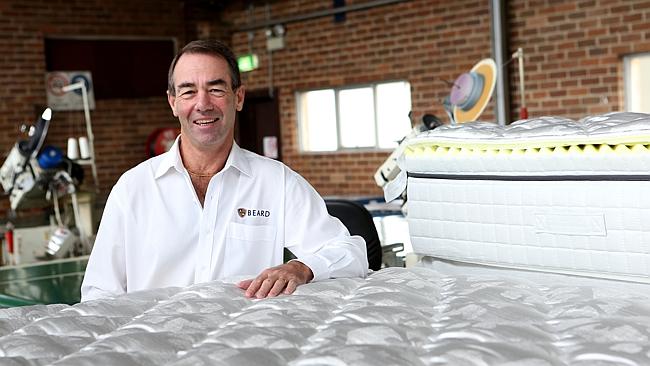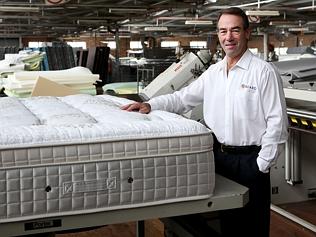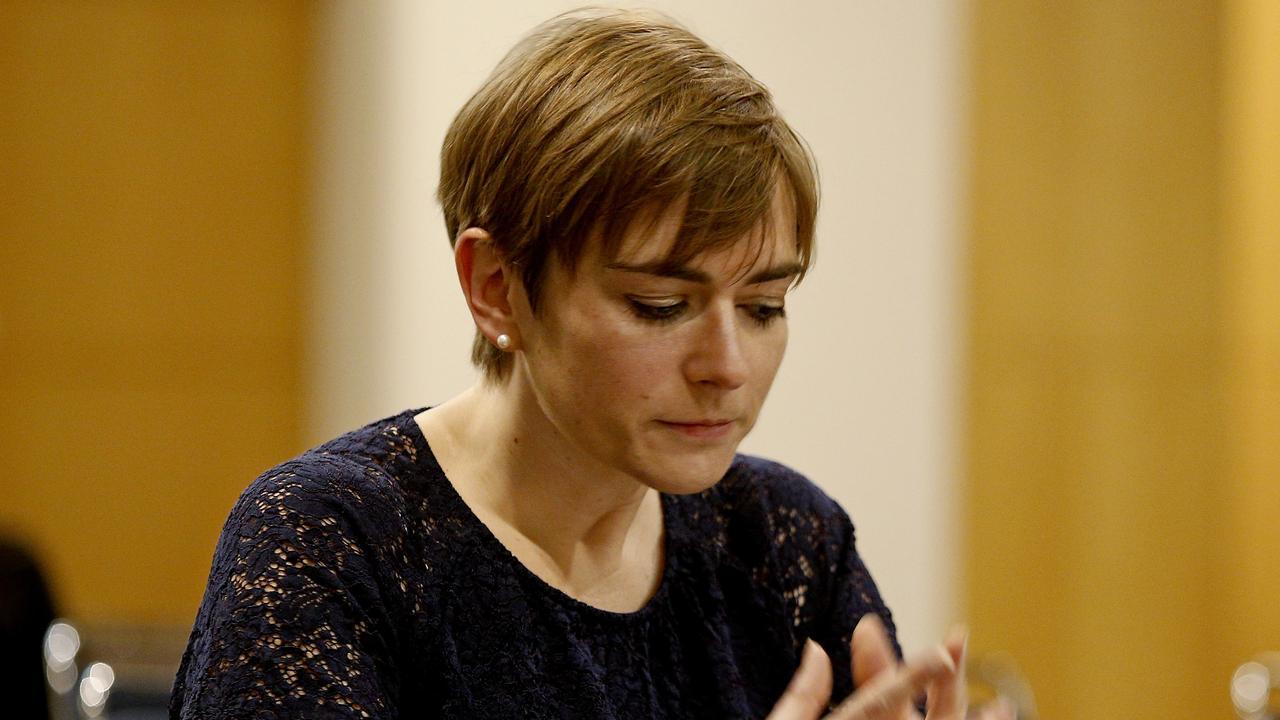Ross Greenwood: Budget not bad for small business
There’s been a lot of whinging about the Budget — but not from small business leaders. Why?

SMALL business is not whinging about the Budget. Why?
For starters, if they have a tax bill of less than $5 million a year, they get a 1.5 per cent discount on tax, down to 28.5 per cent. Those same companies will also not have to pay for the paid parental leave scheme — that responsibility has been lumped onto big business.
And the high income earners’ debt tax? Small business owners can personally organise to earn less than $180,000 a year, the salary mark where the 2 per cent deficit levy kicks in.
How do they do this? The answer is through using companies and trusts.
That’s why this Budget will bring into sharp focus the use of trusts, especially as wage-earners on just over $100,000 a year stand to lose Government benefits.
Discretionary trusts allow business owners to spread income to their beneficiaries (generally their family members) on an annual basis, allowing the individual members to take advantage of lower personal income tax rates. That’s why most will not pay the deficit levy.
But trusts do more than spread income and reduce tax. Their true purpose is to preserve the ownership of a business through the generations.
The maths of families makes the dilemma of succession obvious: if two people have three kids, who each have three kids, who each have three kids – within three generations the family business will have 41 possible claimants. And the odds are that at least one of those 41 will have issues, or be a pain in the backside.
In NSW trusts have a finite life of 80 years, at which time the beneficiaries must take their share of the assets. But the trust beneficiaries also have the right, at the end of a trust’s life, to re-inject their assets into a new trust and continue on.
The trust also gives the flexibility to nominate which of the beneficiaries (normally family members) will receive money on an annual basis, which is where the tax advantage comes in.
But families setting up businesses should also recognise that even without a trust there is capital gains tax relief on the death of a business-owner.
The so-called capital gains tax rollover-relief occurs because an asset (a business, or shares) can be acquired through a will by a beneficiary – but capital gains tax will not be payable until that asset is sold. But the tax will be worked out on the price the original owner bought it and not when it was inherited.
Michael Perkins, one of Australia’s most noted estate lawyers, says this is why it is unlikely we will ever see death duties re-introduced.
“There are billions of dollars in trusts, and held by people who inherited assets who don’t sell because of the capital gains tax. But at some stage those assets will be sold, and the tax will eventually go to Government.”
But Perkins, who has advised a lot of family businesses on their succession plans, says there is a trick: “If you want to sustain yourself for the long term you have to live within your means.”
Ain’t that the truth.

If a family business survives five generations it means two things: it must be pretty good at what it does and there were fights and hardships along the way.
A.H. Beard makes beds and mattresses. It was set up in 1899. But Enoch William Beard’s factory burnt to the ground in 1926. He then gave of his three sons a gold sovereign each. Two of them decided to keep making beds.
Then there was a time when part of the current generation was sacked by his father at the insistence of his three sisters. That was awkward. It prompted a wholesale change in the structure of the family business.
Allyn Beard explains: “We created a shareholders agreement, a family council and a constitution. Since we have done so the level of harmony in our family and the business has been astounding.”
A part of that evolution has been the appointment of a non-family member, Paul Longman, to become chief executive.
And despite competition from imported products, A.H. Beard is doing better than ever – mainly because it has reversed the logic that local companies cannot compete overseas. It now exports to China, where its beds can sell for between $10,000 and $80,000 US each.
“We aim at the middle to high-end luxury market in China, and we now have 14 A.H. Beard stores in China,” Allyn says.
Which says plenty about how the family business, well run and with proper plans, can survive through the generations.
“We have an agreed corporate vision to survive for 200 years or more, so our involvement means we are stewards of the business. We will hand on. So it’s not about bolstering the bottom line or selling it ... it’s about making is sustainable with long term decisions.”



